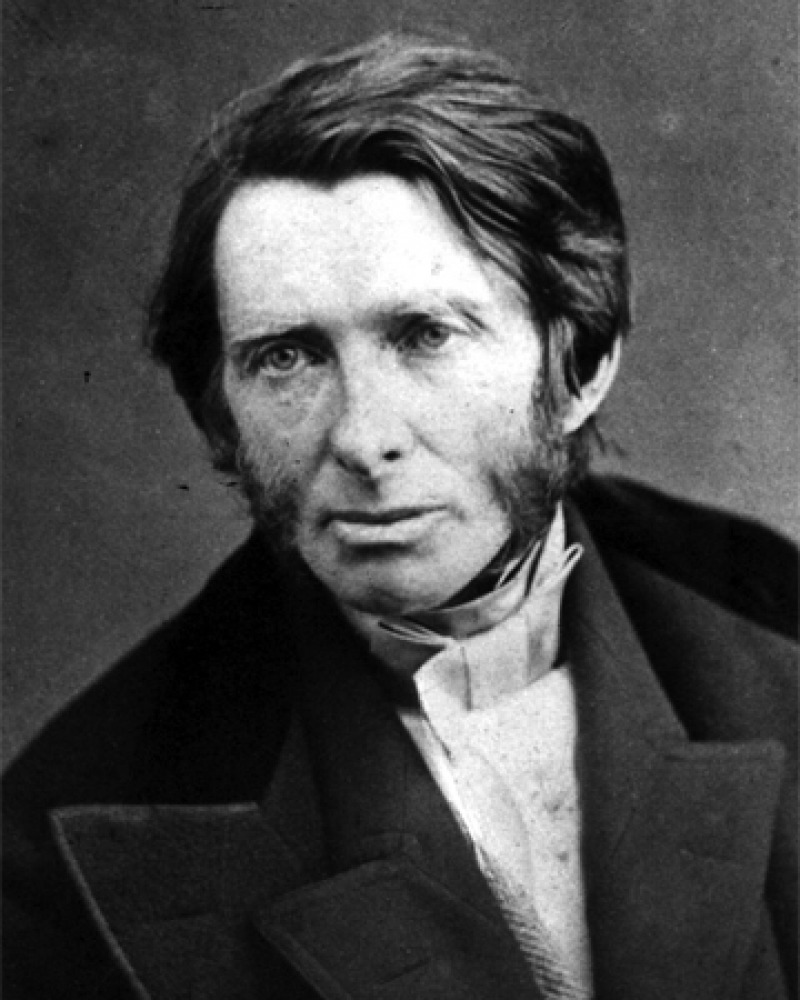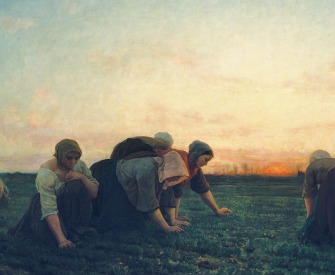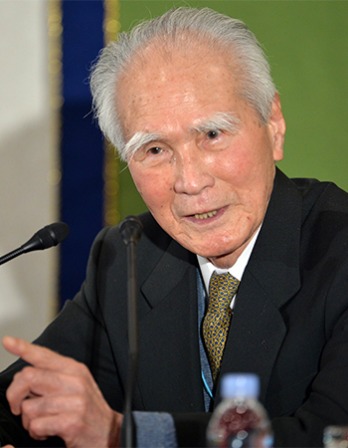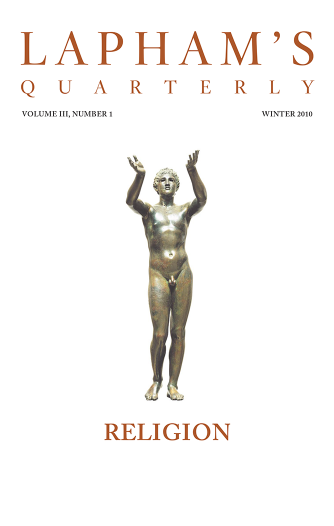
Francis Bacon
“Of Innovation,”
1625
“Of Innovation,”
As the births of living creatures at first are ill-shapen, so are all innovations, which are the births of time. Yet notwithstanding, as those that first bring honor into their family are commonly more worthy than most that succeed, so the first precedent (if it be good) is seldom attained by imitation. For ill, to man’s nature as it stands perverted, hath a natural motion, strongest in continuance; but good, as a forced motion, strongest at first. Surely every medicine is an innovation, and he that will not apply new remedies must expect new evils; for time is the greatest innovator, and if time of course alters things to the worse, and wisdom and counsel shall not alter them to the better, what shall be the end? It is true, that what is settled by custom, though it be not good, yet at least it is fit, and those things which have long gone together are, as it were, confederate within themselves—whereas new things piece not so well. But though they help by their utility, yet they trouble by their inconformity. Besides, they are like strangers; more admired and less favored. All this is true if time stood still, which contrariwise moveth so round that a forward retention of custom is as turbulent a thing as an innovation; and they that reverence too much old times are but a scorn to the new. It were good therefore that men in their innovations would follow the example of time itself, which indeed innovateth greatly, but quietly, and by degrees scarce to be perceived.





